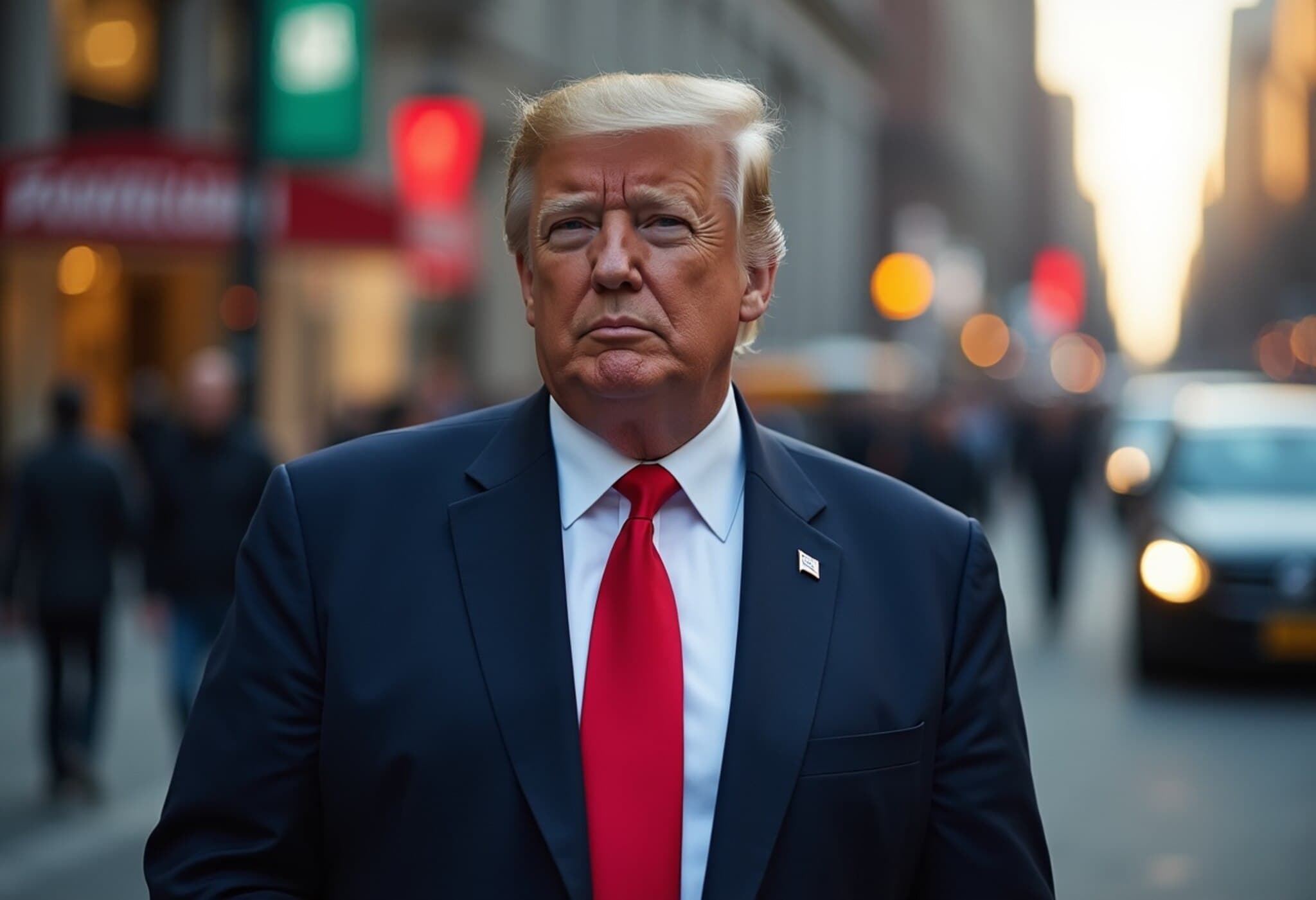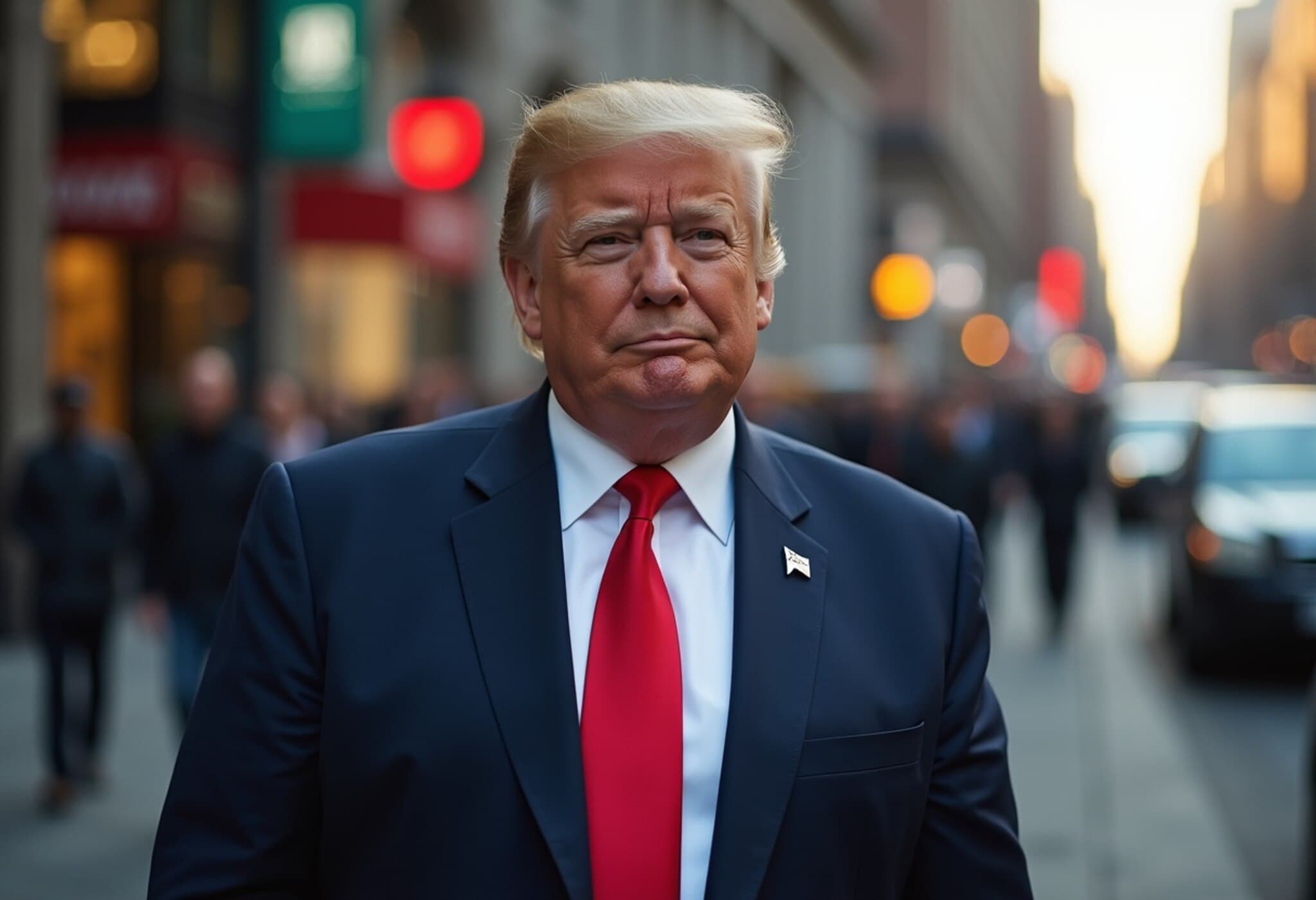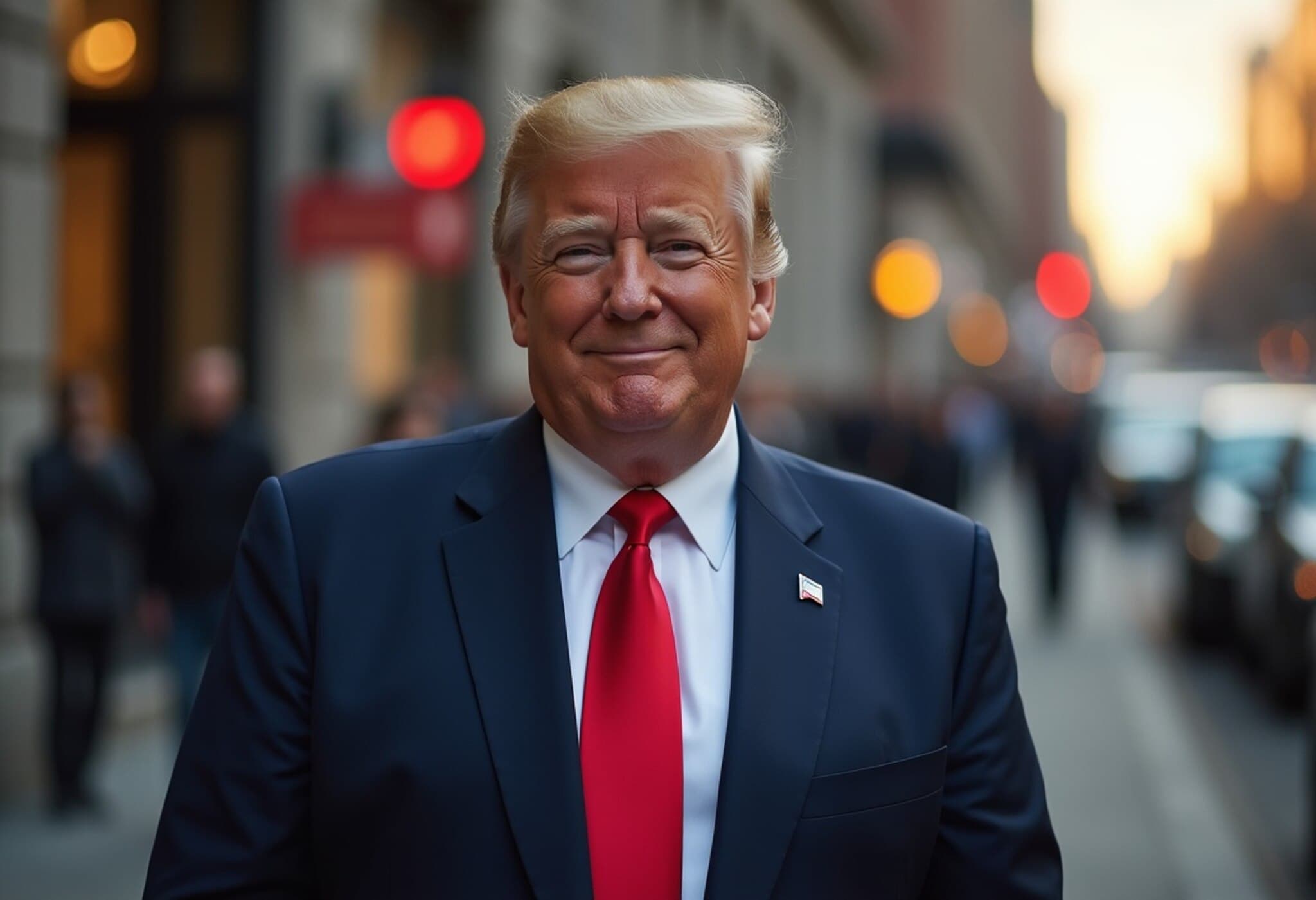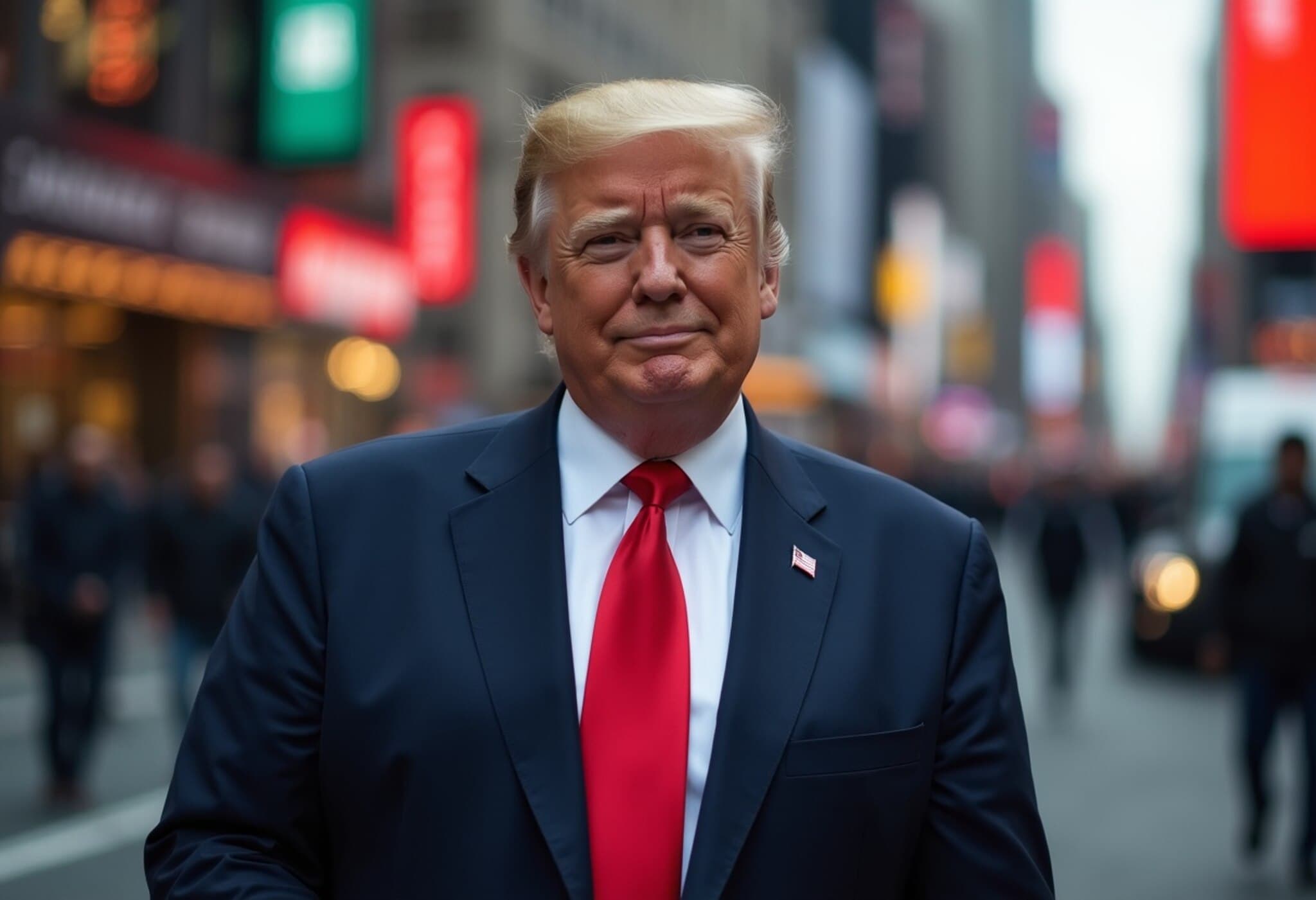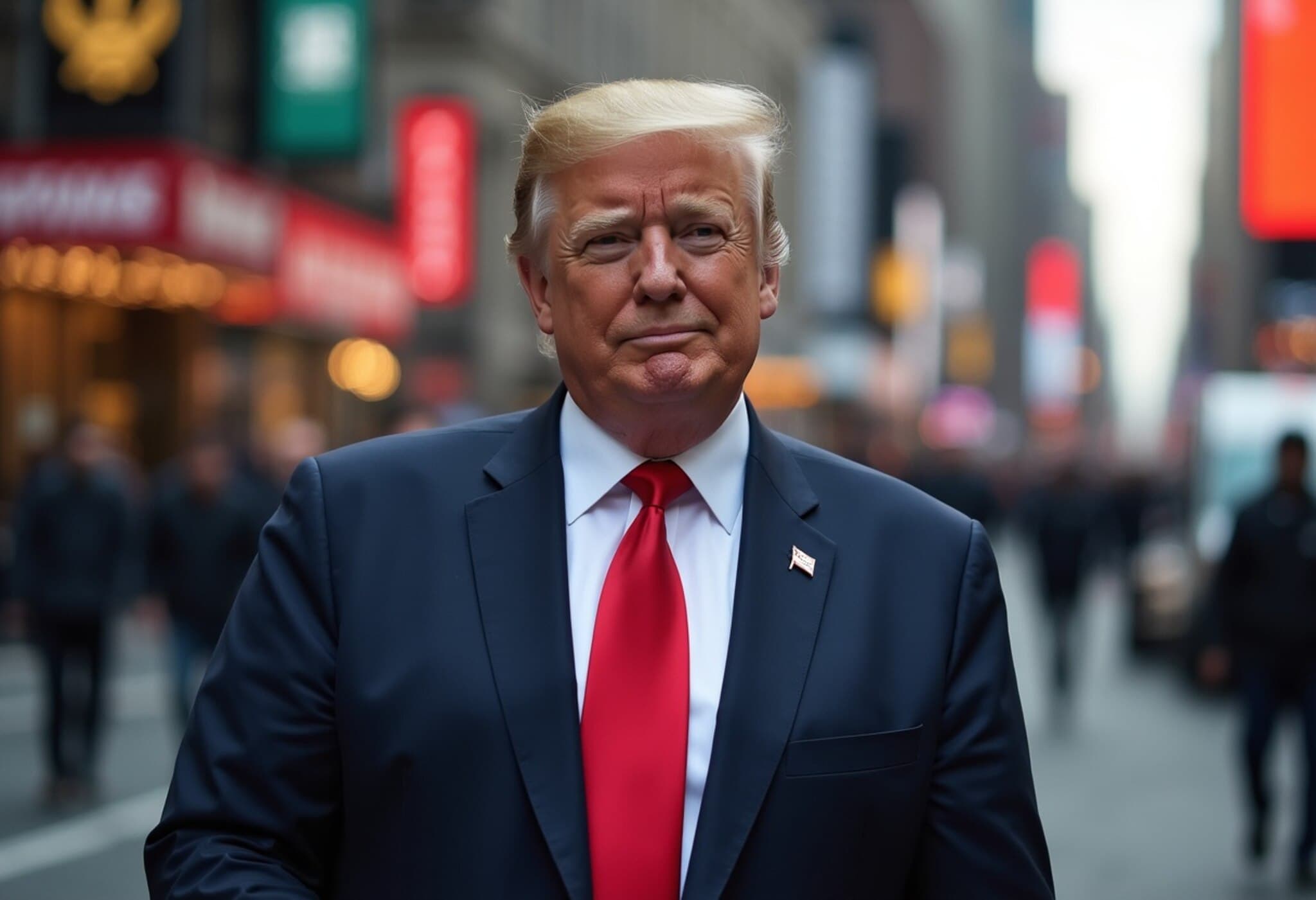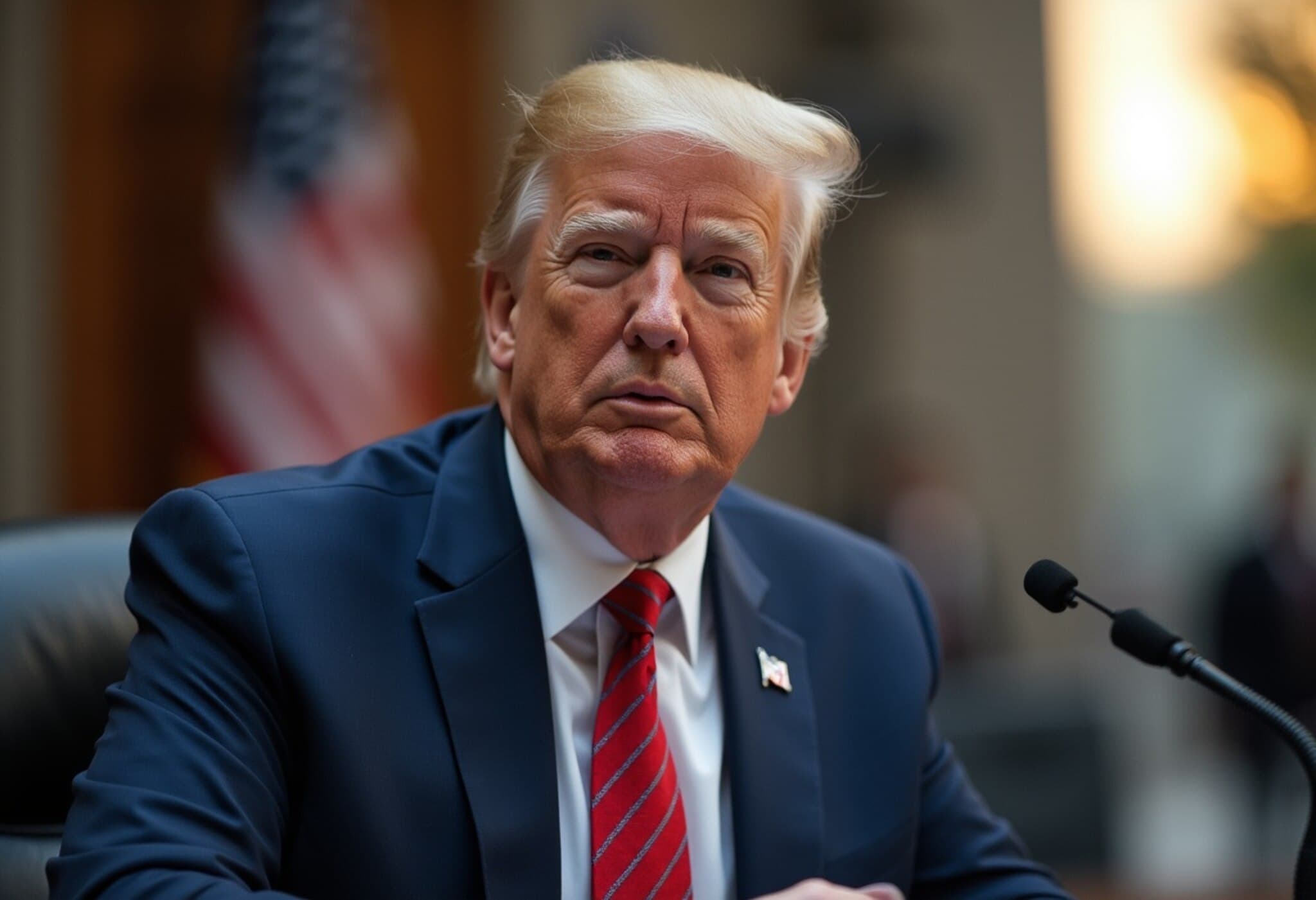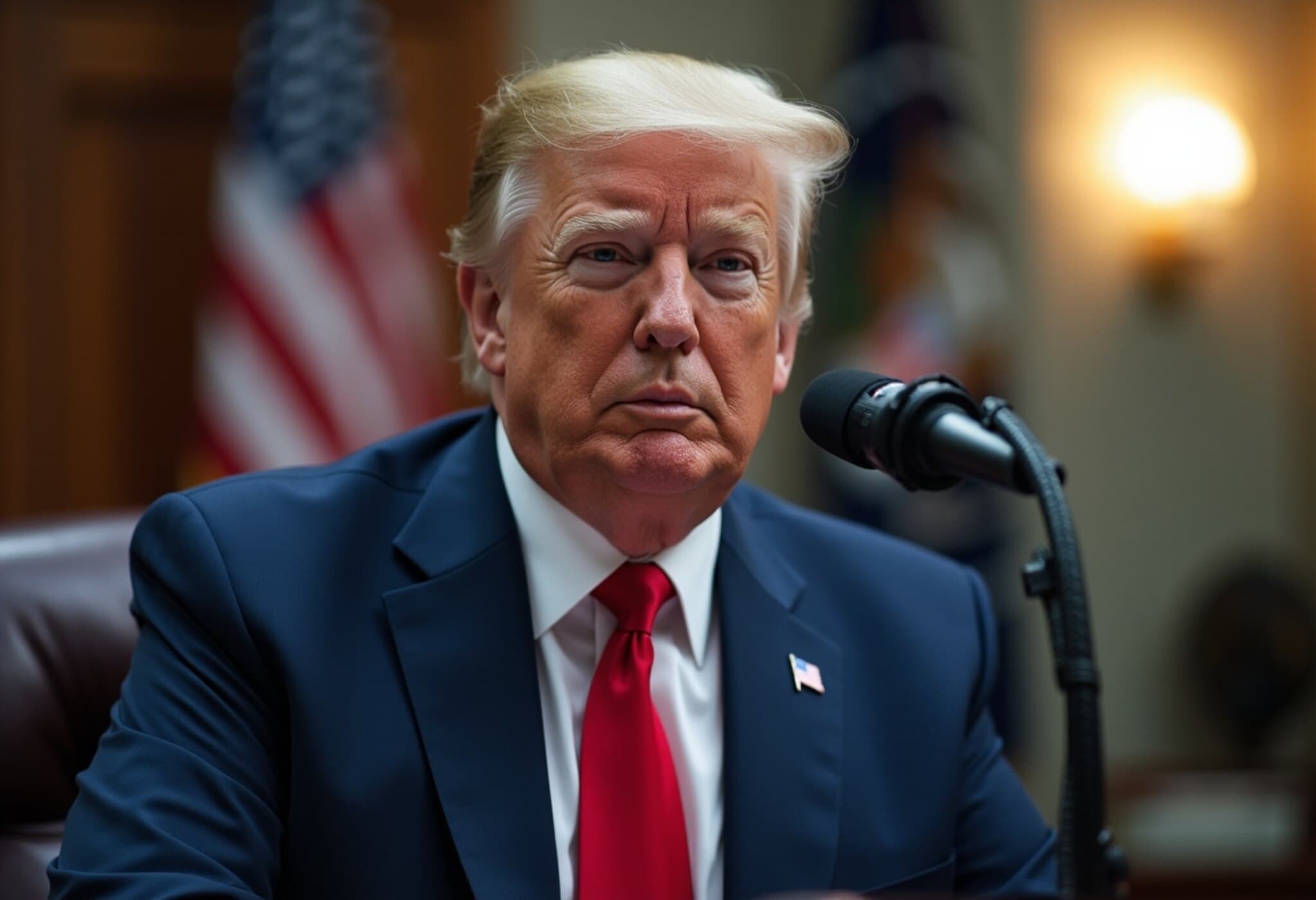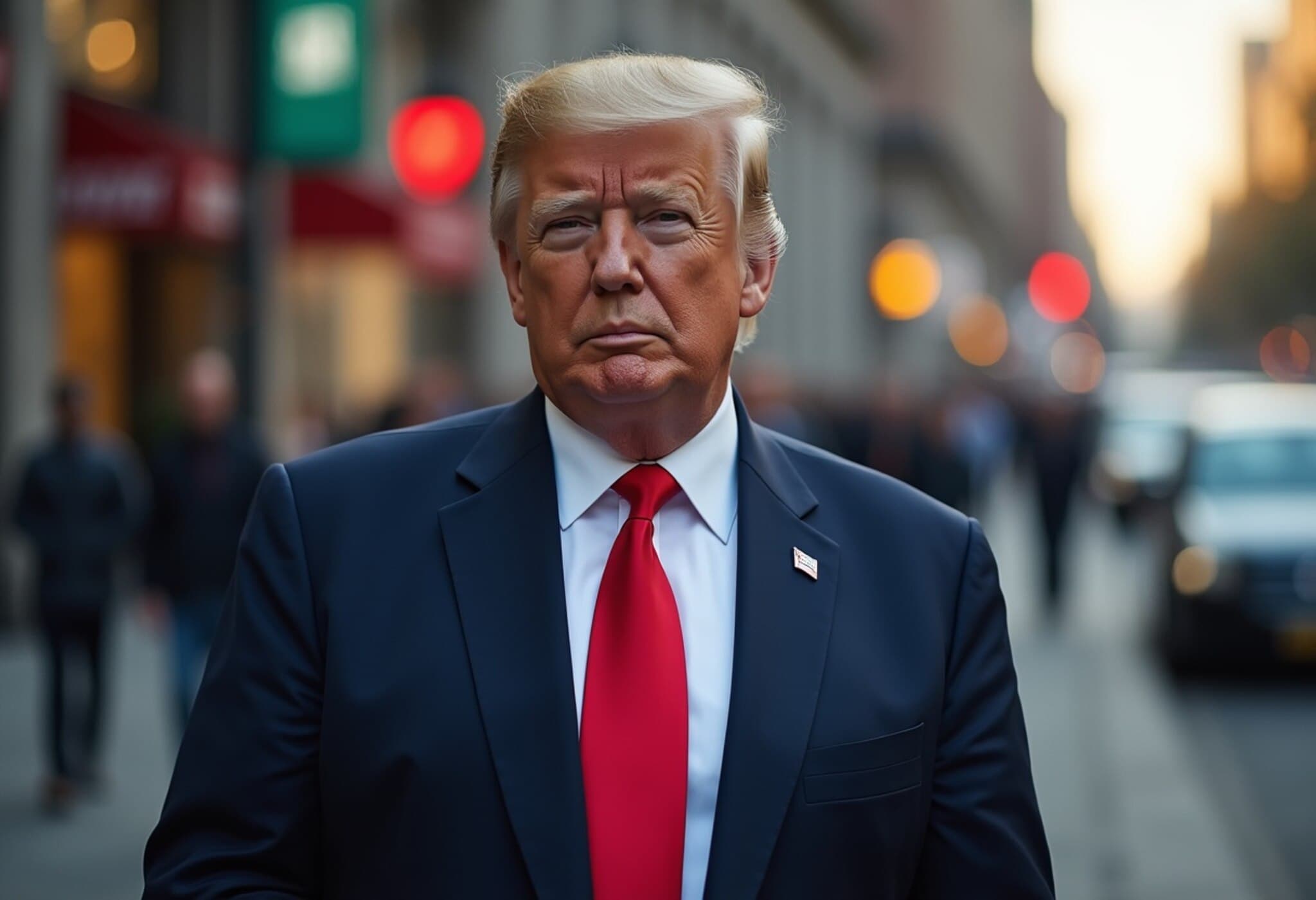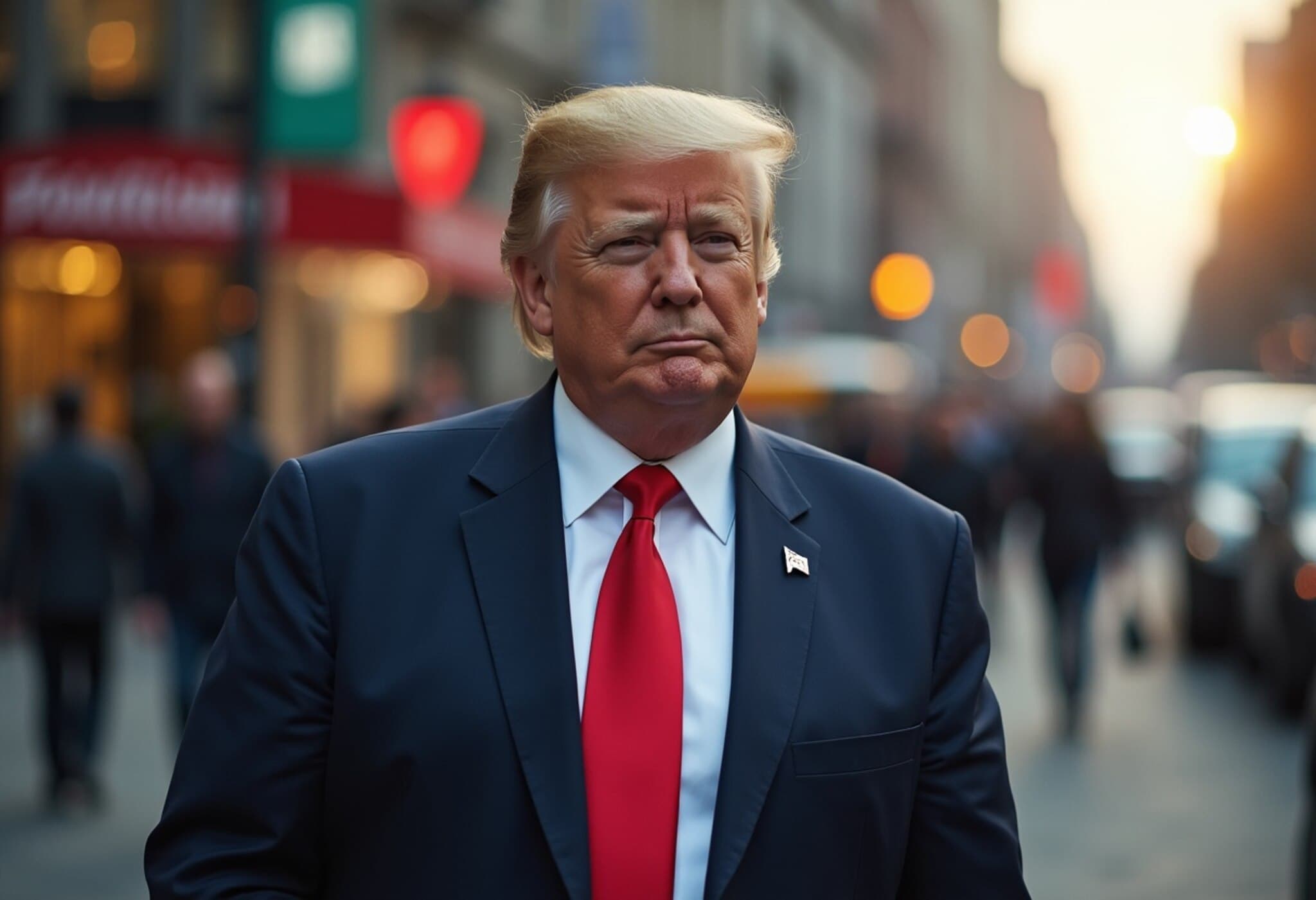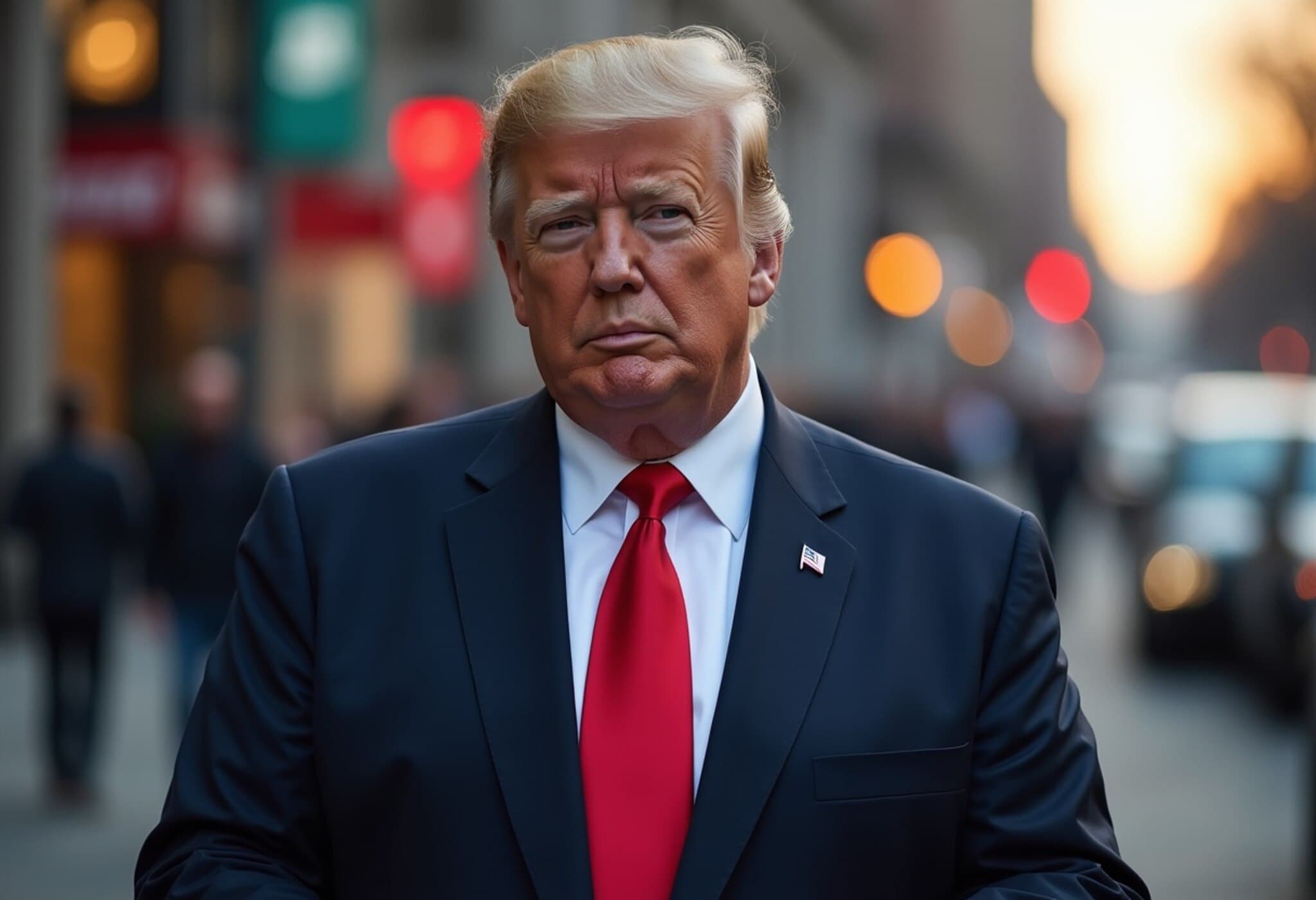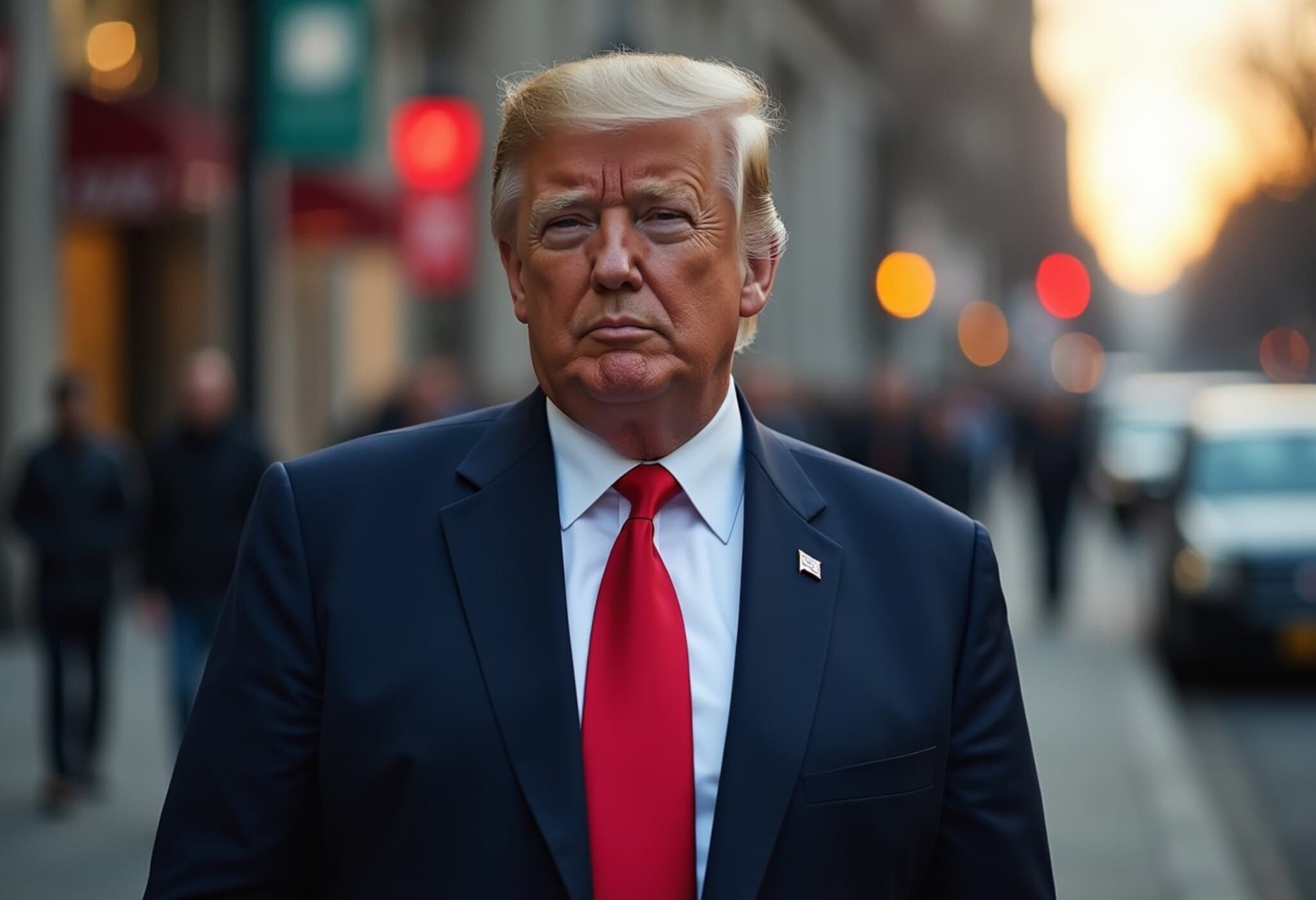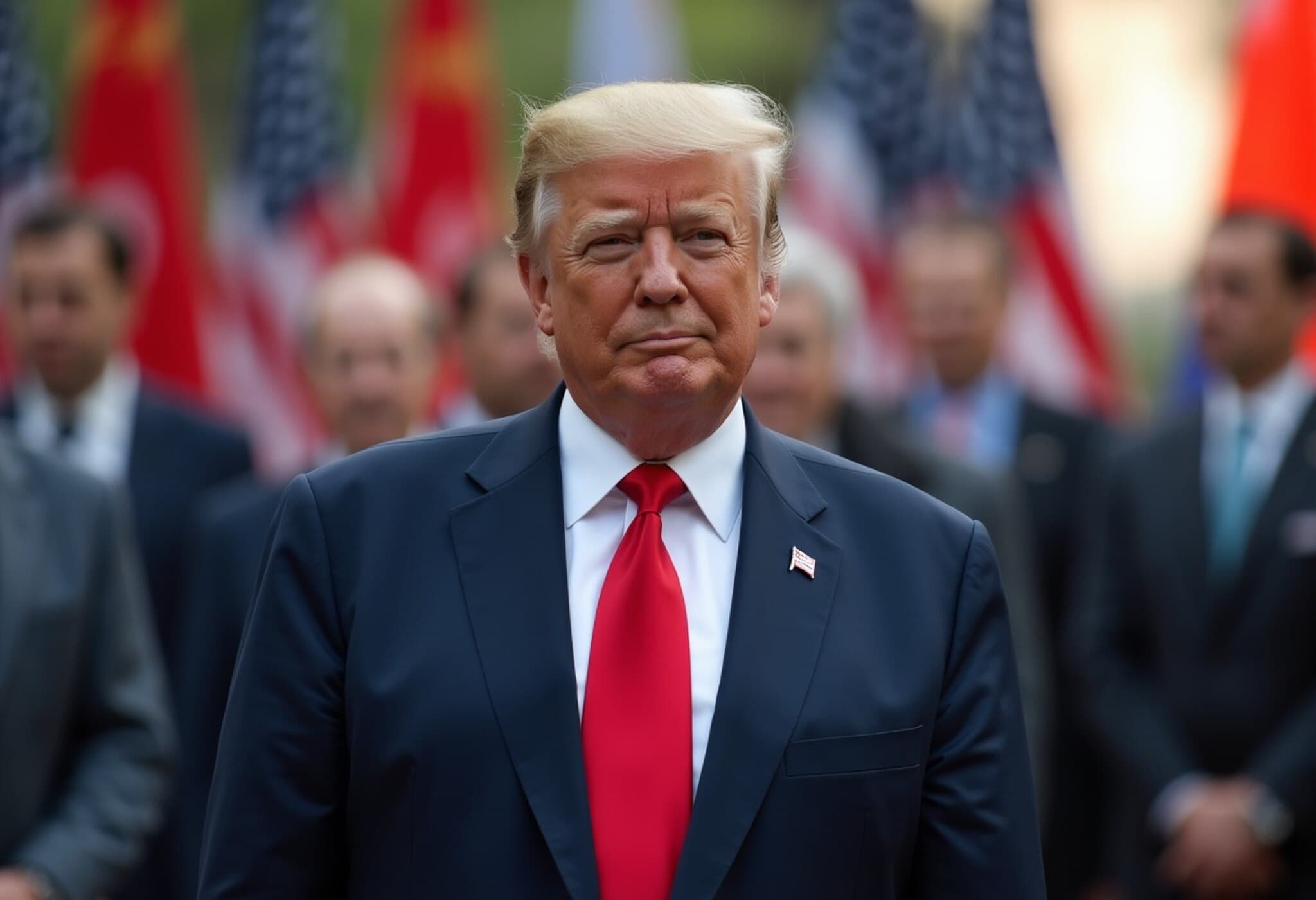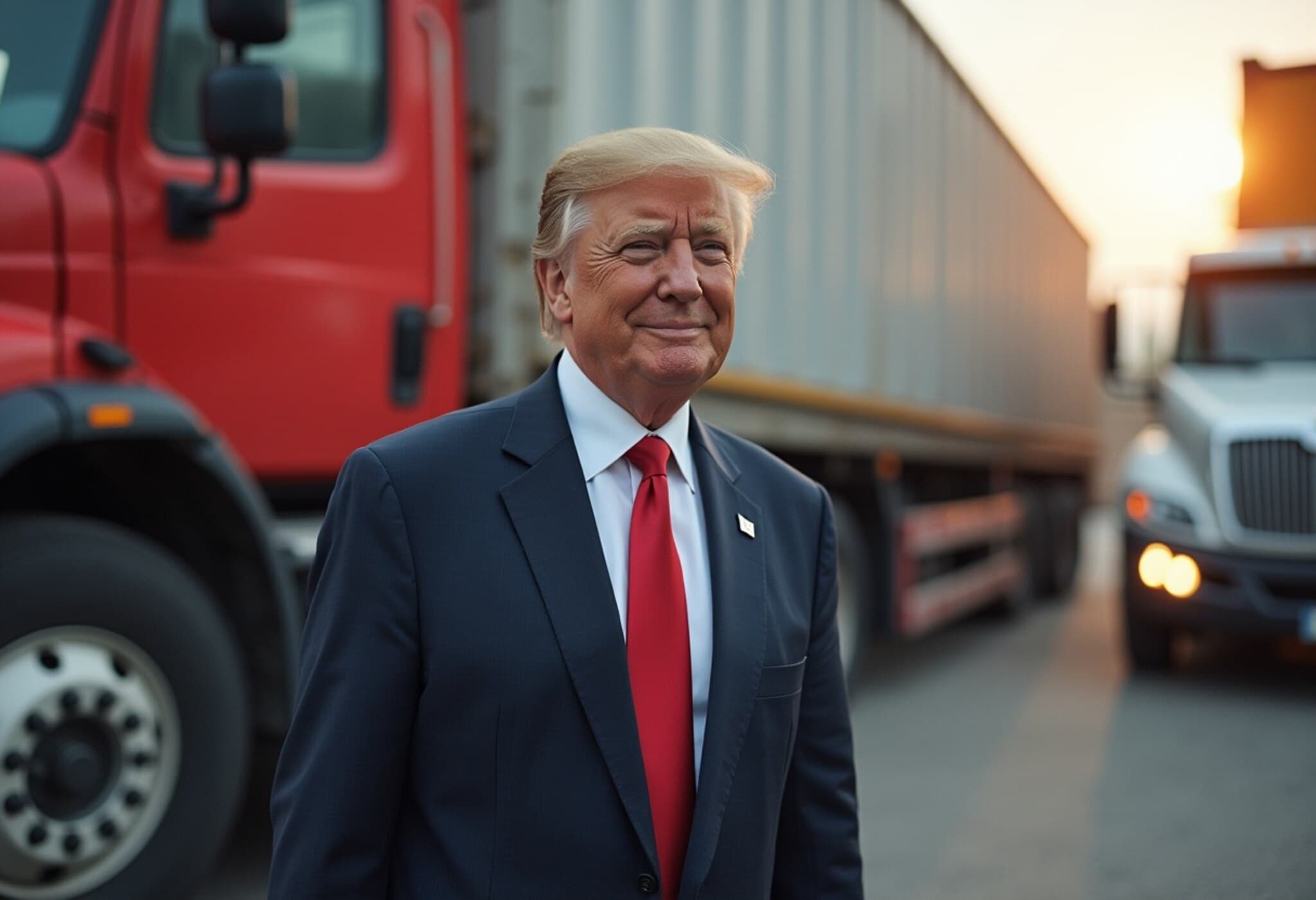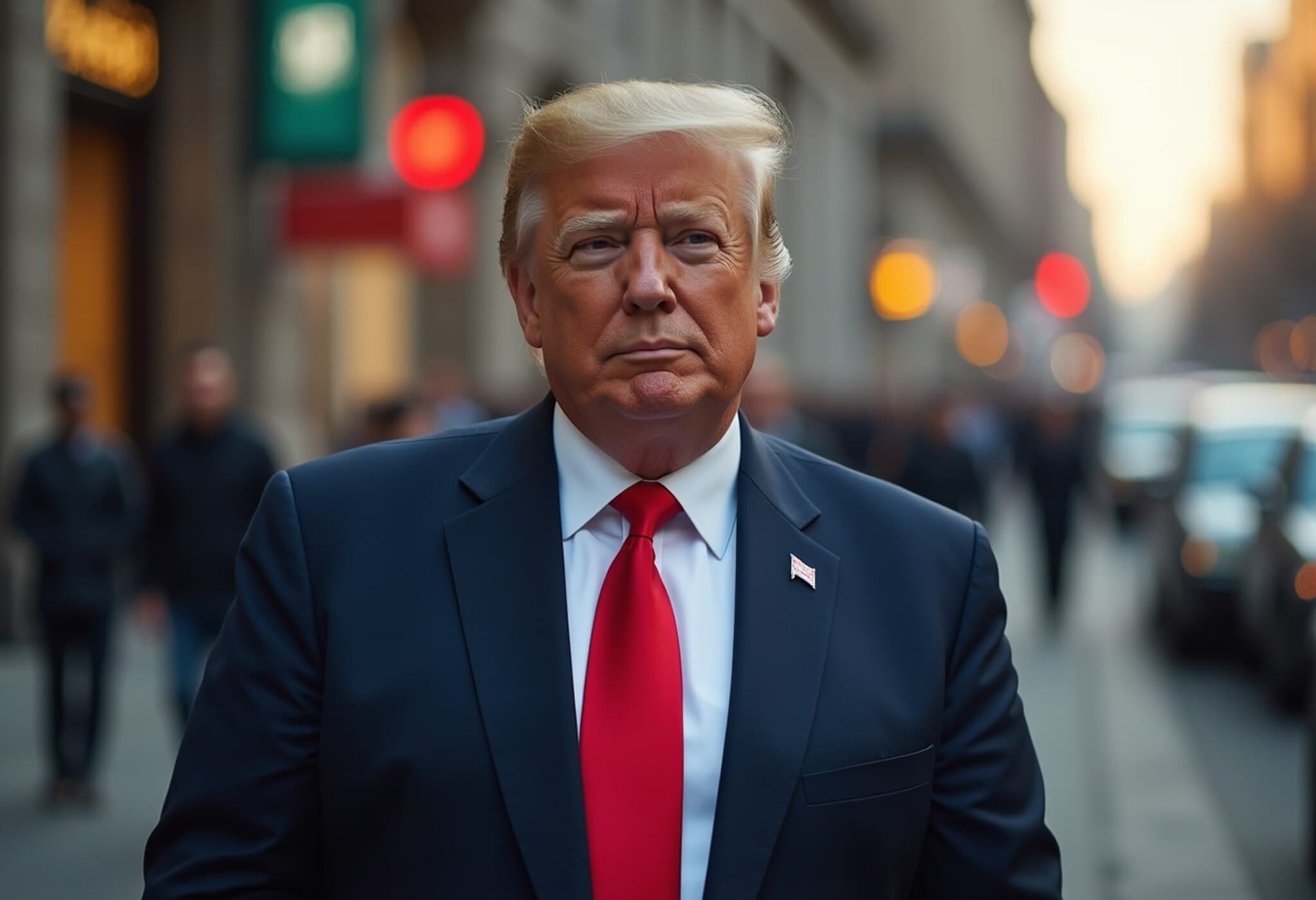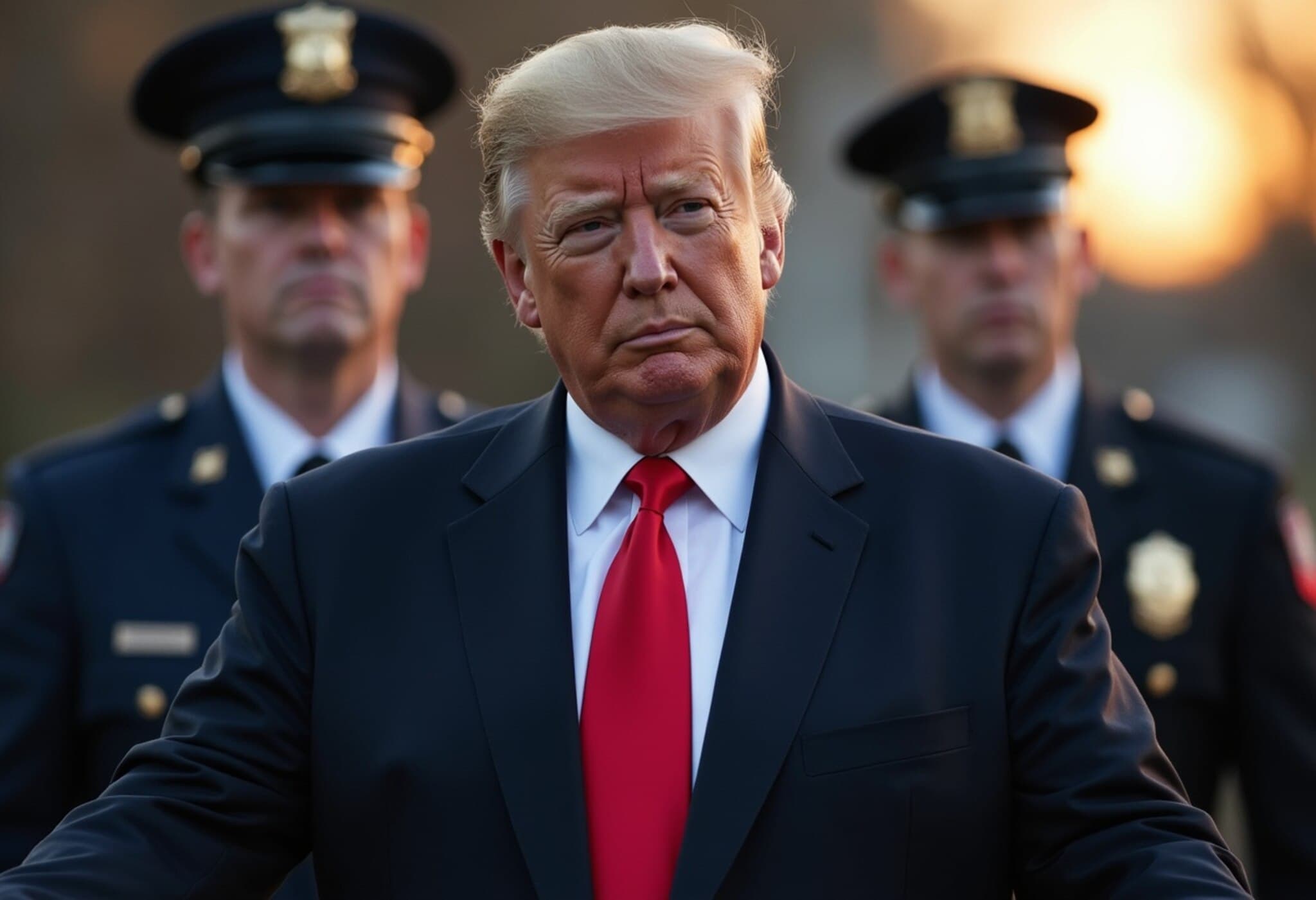Weekend Shock: Trump Announces 30% Tariffs on EU and Mexico
In an unexpected weekend move that caught global markets off guard, President Donald Trump announced a sweeping 30% tariff on a broad range of imports from the European Union and Mexico. The startling proclamation, made public via his social media platform, came just ahead of the tariffs taking effect Monday, sparking immediate concerns among investors and international trade partners alike.
While weekend announcements from the Oval Office are increasingly common in this era of digital immediacy, imposing such consequential trade barriers on a Saturday has raised eyebrows among economists and diplomats. Some analysts speculate the timing aimed to cushion immediate market reactions by slipping in the news when trading floors were closed, though the move has nonetheless generated palpable anxiety.
Market Reactions and Economic Fallout
Following the Saturday announcement, U.S. stock futures experienced a notable dip Sunday evening, signaling investor unease ahead of the trading week's open. Last week's markets had already taken a cautious turn as anticipation mounted for trade policy updates.
JPMorgan Chase CEO Jamie Dimon voiced concerns about growing market complacency, warning that traders had become somewhat desensitized to tariff developments—an attitude that may now be tested. During a recent speech in Ireland, Dimon remarked bluntly, "You're losing, Europe." He pointed out Europe's declining share of U.S. GDP over the past decade, casting the tariffs in the context of shifting economic landscapes.
Political Maneuvers and Leadership Dynamics
Adding to the speculative atmosphere, National Economic Council Director Kevin Hassett confirmed on Sunday that President Trump retains the authority to dismiss Federal Reserve Chair Jerome Powell, telling reporters that such an action could occur "if there's cause." This revelation injects fresh uncertainty into the already volatile nexus of monetary policy and trade tensions.
Why the Weekend Timing?
- Some insiders believe the Saturday release was designed to blunt immediate market disruption.
- Others suggest it was a deliberate move to frustrate European counterparts, who highly value weekend downtime.
- Experts note that previous comments by Trump and Commerce Secretary Howard Lutnick had implied a less aggressive tariff strategy, making this sudden flank particularly surprising.
Upcoming Earnings and Broader Implications
As the earnings season kicks off, much attention will focus on the quarterly reports from major U.S. banks like JPMorgan Chase and Wells Fargo. These financial giants often serve as barometers for broader economic health, and their outlooks on global trade will be closely scrutinized.
The new tariffs not only raise questions about the short-term shock to markets and supply chains but also highlight the evolving tensions between the U.S., Europe, and Mexico. This development comes amid broader geopolitical strains, including deteriorating EU-China trade relations, where recent tit-for-tat sanctions and import restrictions have further muddied the waters.
Contextual Insight: A Shift in Global Trade Dynamics
The sudden enforcement of high tariffs on traditional U.S. trading partners underscores a shift towards protectionism at a time when global supply chains remain fragile following the pandemic and geopolitical upheavals. For American consumers and businesses, these tariffs may translate into higher prices and disrupted access to goods.
Moreover, the move signals a potential recalibration of U.S. trade policy priorities, reflecting domestic political pressures and strategic competition with China and Europe. From a legal standpoint, the tariffs invite scrutiny under WTO rules and could trigger retaliatory measures heightening the risk of a broader trade conflict.
Looking Ahead: Questions to Watch
- Will the EU and Mexico respond with reciprocal trade barriers, intensifying transatlantic and North American trade tensions?
- How will U.S. industries, especially those reliant on imports from these regions, adjust to increased costs?
- Can diplomatic channels negotiate a resolution, or is this a sign of a protracted trade standoff?
- What impact will these tariffs have on Federal Reserve policy decisions, given the interplay between trade and inflation?
Editor's Note
This weekend’s tariff announcement disrupts the global economic rhythm, reminding us that in today’s interconnected world, trade policy isn’t just about economics—it’s a strategic chess game with profound political and social stakes. While markets may adjust over time, the human impact—on workers, consumers, and businesses—will unfold in the months ahead. Readers are encouraged to watch how these tariffs shape not just portfolios but the fabric of international cooperation going forward.

